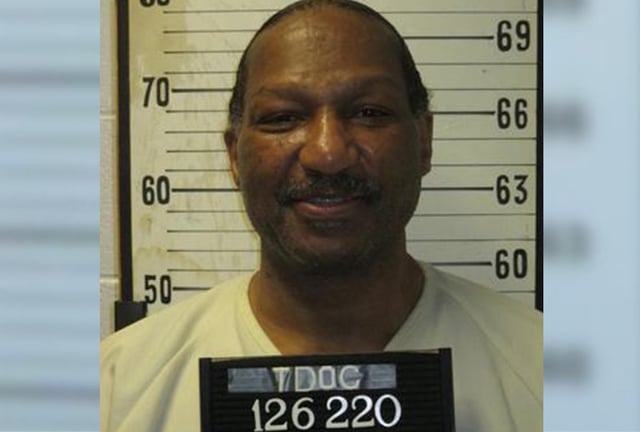Overview
- Byron Black’s execution by lethal injection is scheduled for 10 a.m. on Aug. 5 at Riverbend Maximum Security Institution in Nashville for the 1988 murders of Angela Clay and her two daughters.
- A trial court’s order to deactivate his implanted cardioverter-defibrillator was overturned by the Tennessee Supreme Court on July 31, leaving the device active during execution.
- The U.S. Supreme Court declined to review the defibrillator dispute and Governor Bill Lee refused to grant a reprieve.
- Black’s attorneys warn that his wheelchair-bound condition and diagnoses of dementia, brain damage, kidney failure and congestive heart failure heighten the risk of a painful execution.
- Repeated efforts to bar the execution on grounds of intellectual disability have failed under U.S. Supreme Court precedent and Tennessee’s exclusion of inmates sentenced before its 2021 disability law.


